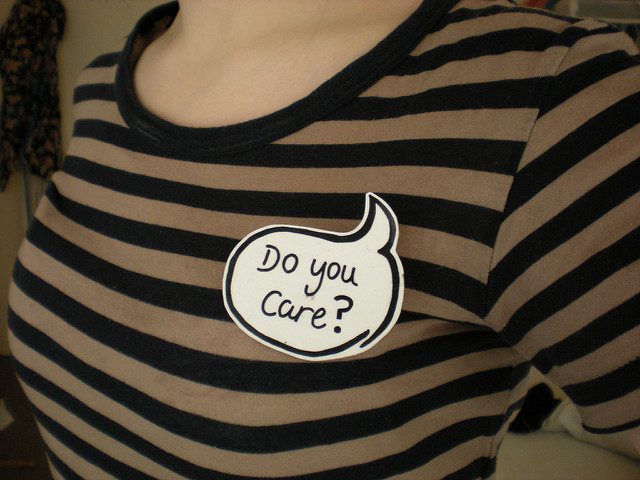Written evidence for the Genomics and Genome-Editing Inquiry of the House of Commons Science and Technology Committee
By Edward Hockings and Lewis Coyne,
Ethics and Genetics [cites CGS]
| 01. 20. 2017
KEY POINTS
- UK biosciences policy has become increasingly motivated by economic considerations in recent years, at the expense, we believe, of substantive public consultation and broader deliberation
- Freedom of Information requests show that the 100,000 Genome Project misinformed participants and the public as to the nature of access to genomic data granted to third parties
- Genome editing raises major ethical concerns which require comparable public deliberation, prior to which all further research should be prohibited
- 1.Introduction
Three years have passed since the government revealed its plans to sequence 100,000 genomes. The 100,000 Genome Project is expected to achieve that goal later this year. There is reason to be optimistic about it being of value, scientifically and clinically. There are also, however, reasons to be concerned about both the Genome Project and other areas of the developing fields of genomic medicine. In the following we outline some of those reasons.
- 2.Responsible Governance of the Biosciences
The 100,000 Genome Project forms part of a recent (post-2010) trend in the UK’s biosciences policy. Example initiatives include the integration of personalised medicine in mainstream...
Related Articles
By David Jensen, California Stem Cell Report | 02.10.2026
Touchy issues involving accusations that California’s $12 billion gene and stem cell research agency is pushing aside “good science” in favor of new priorities and preferences will be aired again in late March at a public meeting in Sacramento.
The...
By Lauren Hammer Breslow and Vanessa Smith, Bill of Health | 01.28.2026
On Jan. 24, 2026, the New York Times reported that DNA sequences contributed by children and families to support a federal effort to understand adolescent brain development were later co-opted by other researchers and used to publish “race science”...
By Arthur Lazarus, MedPage Today | 01.23.2026
A growing body of contemporary research and reporting exposes how old ideas can find new life when repurposed within modern systems of medicine, technology, and public policy. Over the last decade, several trends have converged:
- The rise of polygenic scoring...
By Stephanie Pappas, LiveScience | 01.15.2026
Genetic variants believed to cause blindness in nearly everyone who carries them actually lead to vision loss less than 30% of the time, new research finds.
The study challenges the concept of Mendelian diseases, or diseases and disorders attributed to...




